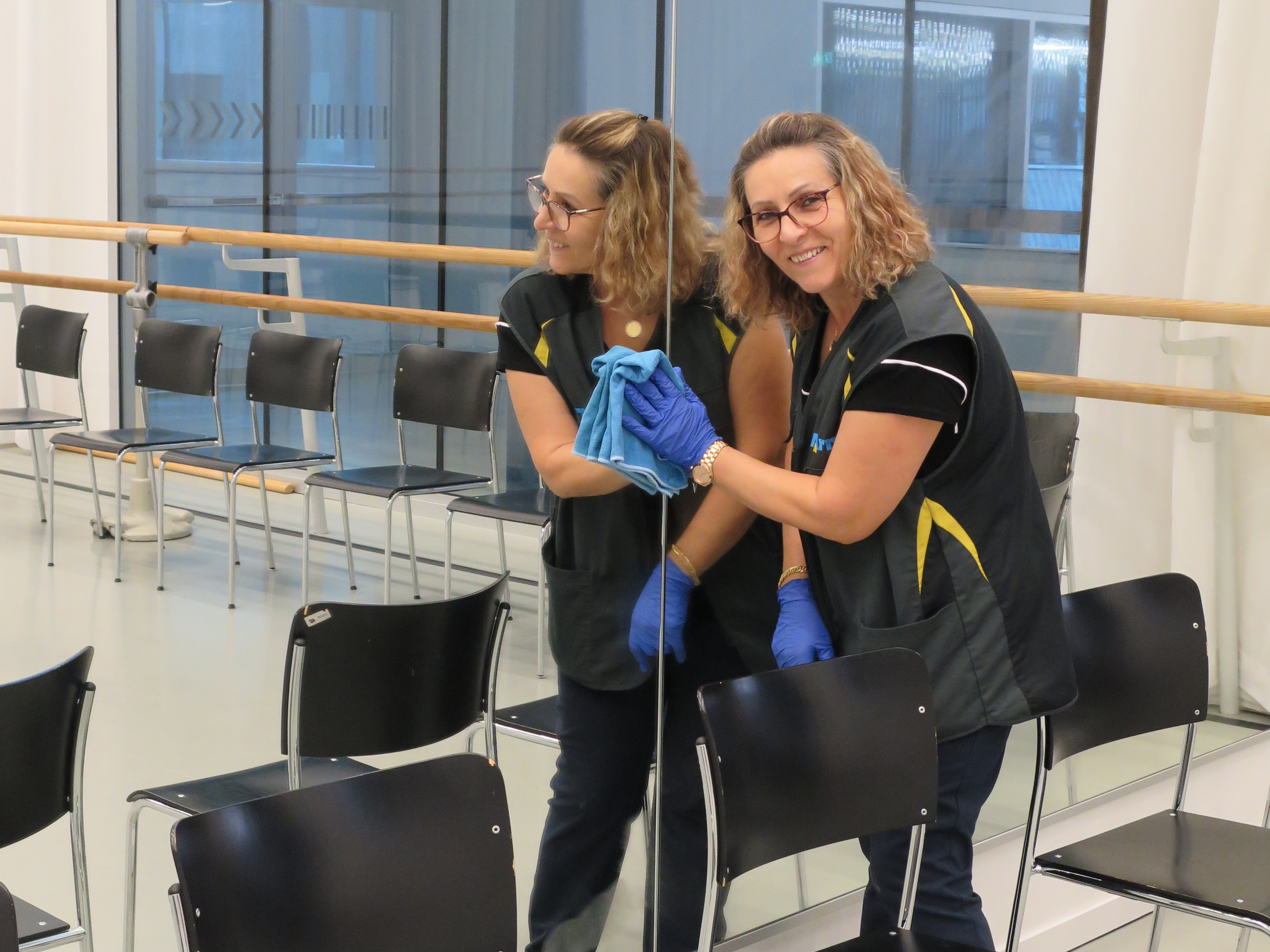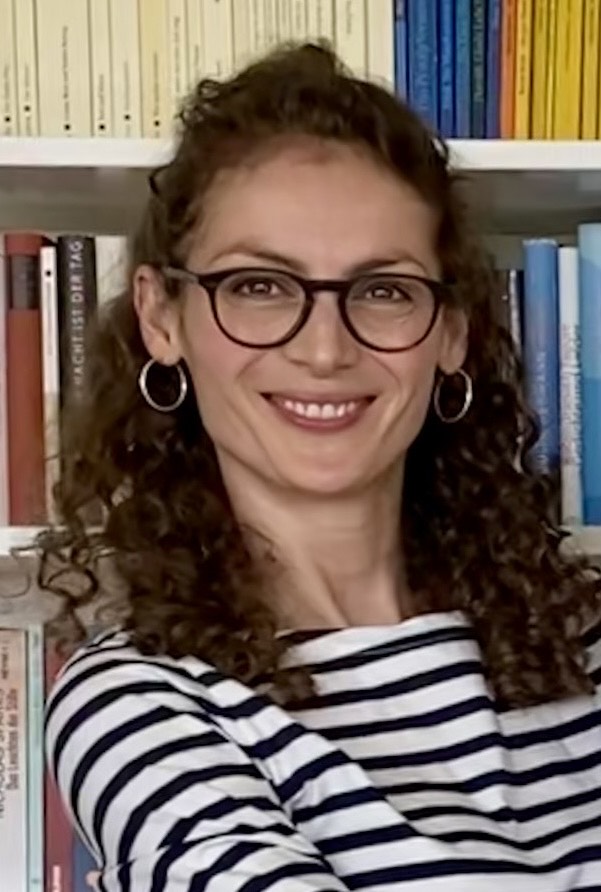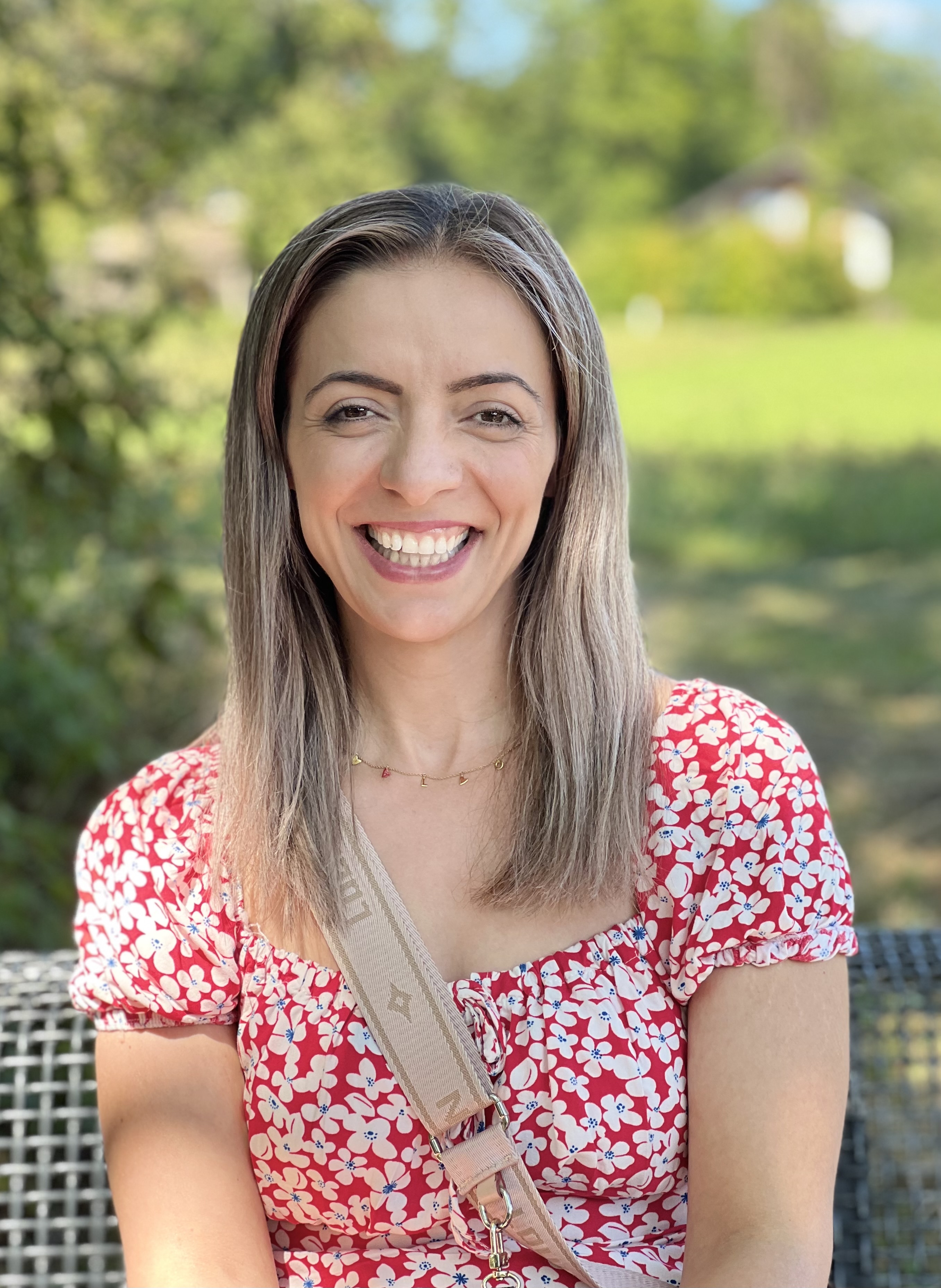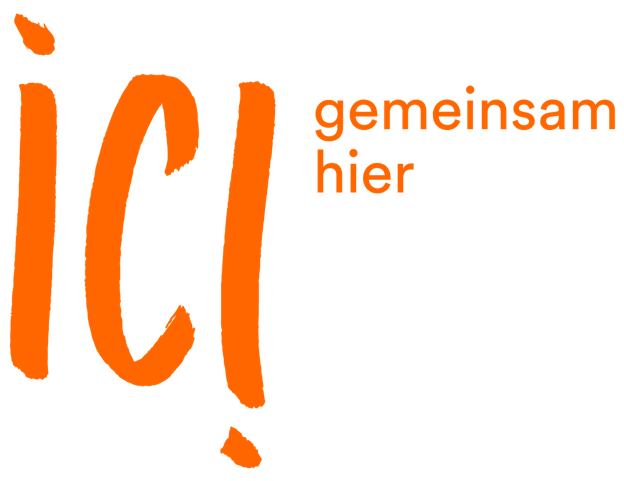Journeys of Care

It’s 7 am, next to the Zurich University of the Arts (ZHdK) entrance. I linger a little before calling my contact, en- joying the cool morning breeze. Dawn happened just some minutes ago. The days are getting shorter. Again. “Wait, you can’t just walk in. Can I help you?” asks an official-looking person. Do I look out of place? Out of time? “I am just meeting someone,” I explain, not men- tioning that I am an officially inscribed student at ZHdK and would have access anyway. It seems that public build- ings are walked by certain people at this hour of the day. And the official-looking person does not count me as part of those people. Why this distinction? Are there wrong times? Wrong places? I have never entered ZHdK as early as today. But I am working part-time and start some days early as well. I myself experience being part of a working body in uniform. In another part of the city, in another public building where you can’t just walk in early in the morning. Are there other hours? Is this another hour? Is this the hour of the people who take care of maintenance work of public buildings and buildings where nine to five jobs were invented? Even if buildings are not owned by the working body, so at least the hour. The hours. From 6 am to 8.30 am, Let’s call them the hours of Bejaze Imeri and colleagues. Who is Bejaze Imeri?
Bea, as Bejaze is called by family and colleagues, has no problems starting the day early. Usually at home with her husband, drinking the first cup of coffee together. Later she drives to ZHdK by car. “I know, it is a luxury,” she whispers, “but I am more flexible; I can take some extra material with me or go shopping for groceries for lunch on the way back.” Because after the two-and-a-half-hours- shift at ZHdK, she will go home. Her home is not a castle. But her family calls it a “five-star-establishment” because of the provided excellent services. She and her husband have three grown-up children. The youngest son still lives at home. He suggested lately that he would take care of the cleaning work at home by outsourcing it to a cleaning service for private homes. But Bea was against it. She loves a clean home, and she loves cleaning. Not only as a professional and paid maintenance worker.

Servete is a remedial teacher working part-time at a primary school in Küttigen, Switzerland. She has family in Kosovo and grew up in Switzerland. Servete is married, has a two-year-old son, and is expecting another child soon.
The walking dialogue with Servete Schneider leads us with crackling steps on a graveled path to a little park. The laughter and ecstatic sound bits from joyfully playing children sometimes blend with our dialogue and builds the background of our topic. Servete used to work as a teacher and, after this experience, decided to change her profession to therapeutic pedagogy. Her aim was to com- mit herself to the aspects of care within the school context, addressing the needs and problems of children and adolescents as well as assisting and valorizing specific so- cial, physical, or emotional capacities. During our conver- sation, Servete offered us an evaluation of her experiences and observations within this domain and beyond it, on a broader societal level. Difficulties of children at school are based on complex settings, it is often not easy to make the specific contribution and influence of the therapeutic pedagogy visible or manifest.
In a meritocracy in which society is achievement-oriented and uses the given parameters that are derived from an economic system based on growth, it is difficult for par- ents to find other mappings than the ones set by school grades in major subjects. The high expectations and the need for participation coming from the parent’s side don’t make it easier to establish alternative evaluation criteria. Although the processes and the system have changed in the last years and parents appreciate the involvement of care work effectuated by social and therapeutic pedago- gy, the classification of major subjects is predominant for parents, because these are the ones more linked to a promise of success in an adult life within a normativity of economic performance orientation.
In relation to these thoughts, Servete expresses the wish to develop a more diverse system of values and orientations in which the individual capacities, talents, and char- acteristics of a child can be acknowledged and fostered even if they are not in accordance with established major subjects. It is a way to avoid the perspective of the child as an implicit “project.” There are different knowledge productions and epistemologies along with factual, propositional knowledge and to evaluate them equally is for the benefit of the child. Referring to the situation in Kosovo within this context Servete mentions the general lack of governmental sup- port and financial resources, the difficulties with private initiatives, as well as system-related problems.
Efforts to integrate also social and therapeutical aspects are hap- pening, but a general facilitation is needed before individ- ual assistance can be established as part of the educational system. Servete often reflects on how she could actively participate in the development in this domain, and she is looking for the right frame to get from the idea to a realization. The strong desire to give something back, to somehow share the privileges, and to contribute to a sense of equality is palpable in her statements and expressions.
“If I’m preoccupied with an issue, I start to reflect, think and talk about it as long as it takes until an action results out of it. It’s always a process of collectivity,” says Servete about her personal strategy to deal with troubling or dif- ficult circumstances. Asked about what she would like to point out concerning the general situation in Pristina, she mentions the heartiness, the creativity, the collective self-organization, and this spirit of optimism against all odds. Impressed by this strength, she wishes: “I hope they can hold on to this attitude and find ways and support to realize this potential.” Collective commitment as resist- ance against resignation is also a great act of care.

Suzana Mersini has an Albanian background. She lives in the wider agglomeration of Zurich in Switzerland and is employed part time as a professional care worker at University Hospital Zurich.
How is professional care work within the Swiss health sys- tem acknowledged? The increasing workload and constant shortage of professionals lead to more and more difficult decisions and ethical dilemmata. Professional care work is becoming increasingly inhuman for caretakers as well as for caregivers. And there is no functioning feedback culture. The working individual is excluded from relevant management decisions that influence the daily business but is later confronted with the impact itself. Despite the bad working conditions, Suzana still remains on the job. Maybe because she is a child of survivors: “I see these dif- ficulties. But I can’t quit. Not yet. Caring still remains a passion of mine.”
Caring has multifaceted aspects and is relevant in all forms of social interdependencies. Parents might often help their children to find a path into another future. “My parents and we children have different life stories. Remembering the past and knowing where we came from is important. Talking of past conflicts openly might help a future generation not to make similar mistakes.”
Maybe not all accomplishments of women of Albanian or- igins are sparkling on a public stage today. Some might twinkle in a little corner. And how do we detect these small twinkles? “Appreciation begins by myself,” explains Suzana referring to the humbleness of Albanian women in particular but also woman in general.
And even if the women of the diaspora have accomplished many goals and are working hard, they often care for places and people connected to their origin. They might have become doctors and solicitors but still remember the language and teach their daughters how to bake Fli. And maybe their sons. And therefore, in a further future, fathers might teach their daughters (and their other children) the secrets of the traditional kitchen. And the secrets of cleaning. And how to appreciate and care and share equally all tasks of unpaid and paid labours of love. And we would not mind if the off-springs of Albanian origins were teaching the off-springs of Swiss origins their accomplishments.


